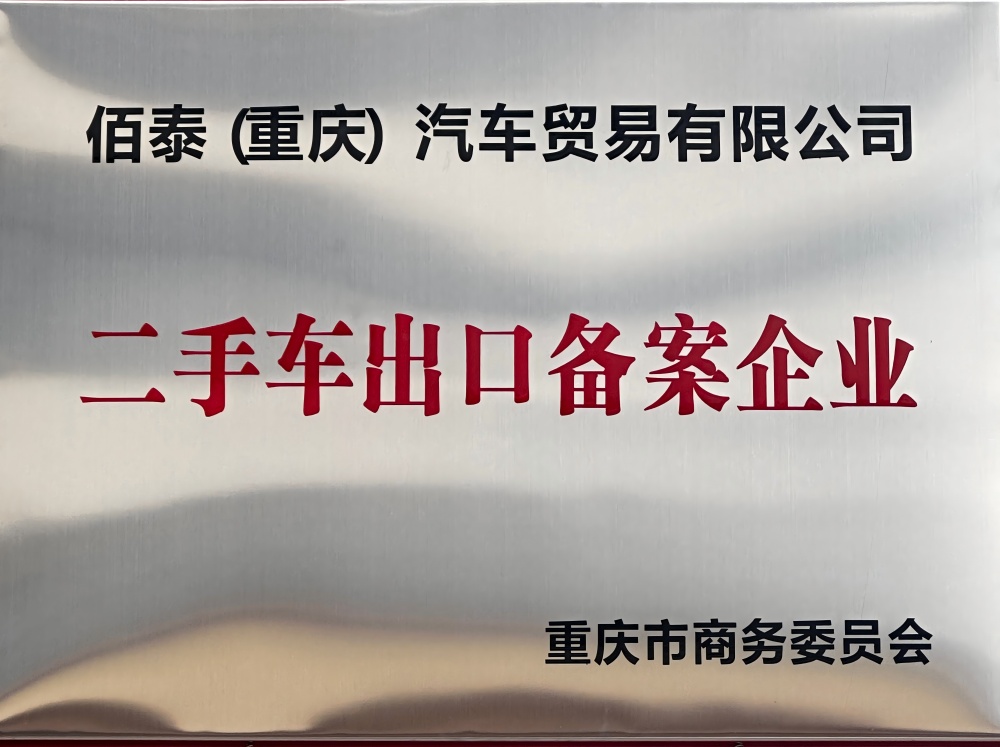Vehicle Preparation and Inspection
Conduct a comprehensive inspection and preparation of the dump trucks, including exterior repairs, interior cleaning, and safety component checks, to ensure good vehicle condition. Meanwhile, as required by Algeria, entrust a qualified third-party motor vehicle inspection and evaluation agency to issue an inspection report.
Apply for Export License
The exporter prepares documents such as the trade contract, qualified inspection report, self-declaration of the inspection agency, vehicle Motor Vehicle Registration Certificate, and self-declaration of compliance with the import country’s access policies, then applies for an export license from the local commerce authority.

The qualification for used vehicle export
Engage a Freight Forwarder or Customs Broker
Select a professional freight forwarder or customs broker familiar with African shipping routes and related customs procedures. Confirm the shipping method with the forwarder, such as roll-on/roll-off (Ro-Ro) transport, where vehicles can be driven directly onto the Ro-Ro ship. After booking space, arrange a trailer to transport the vehicles to Tianjin Port.
Customs Declaration
Submit documents to customs, including the export declaration form, commercial invoice, export contract, packing list, certificate of origin, and inspection report. Accurately declare vehicle details such as brand, model, engine displacement, and VIN. The customs code is generally 8703 (motor vehicles). Customs will inspect the exported vehicles to verify that declared information matches the actual vehicles. Upon passing the inspection, a release notice will be issued.
Arrange sea freight to transport the vehicles from Tianjin Port to Djendjen Port, Algeria. The transit time may vary depending on the route and shipping schedule, typically 30–50 days. During transportation, purchase cargo transportation insurance to safeguard the vehicles during sea transit.
Submit Clearance Documents
Upon arrival at Djendjen Port, the importer or agent must submit the following to local customs: original commercial invoice, packing list, bill of lading, COC quality certificate, CO certificate of origin, free sales certificate, health quarantine certificate, ECTN electronic cargo tracking note, and fill in relevant declaration forms detailing the cargo information.
Pay Taxes and Fees
Customs calculates the payable taxes based on the declaration, including import duties, VAT, etc. Algeria’s import duty policies may vary by vehicle type and engine displacement, and the importer or agent must pay the corresponding taxes as required.
Customs Inspection and Release
Customs will inspect the submitted documents and vehicles to verify their legality, accuracy, and consistency with the declared information. After passing the inspection and settling all taxes, customs will issue a delivery order or release notice, allowing the importer or agent to collect the vehicles from the warehouse or terminal.




